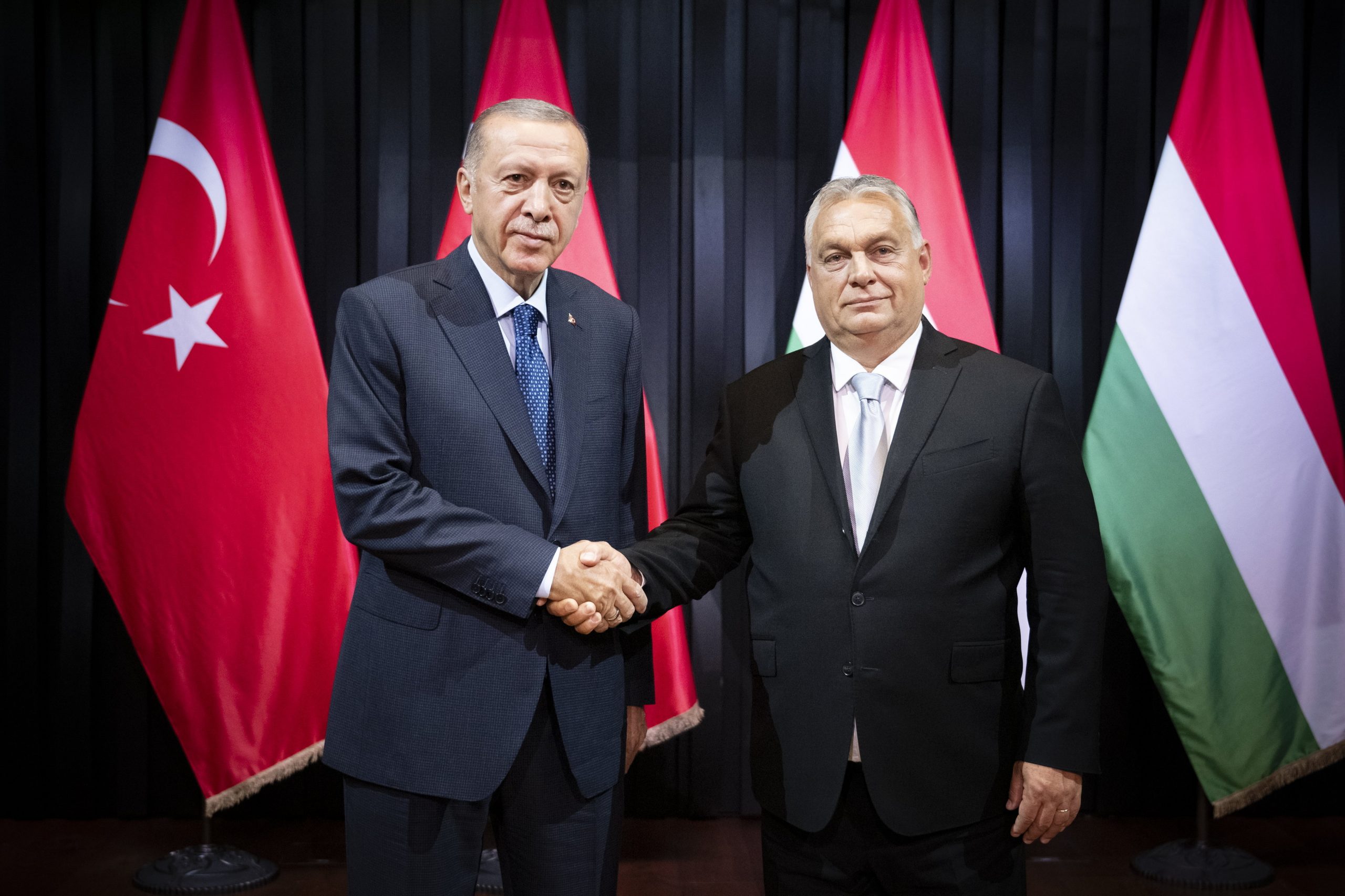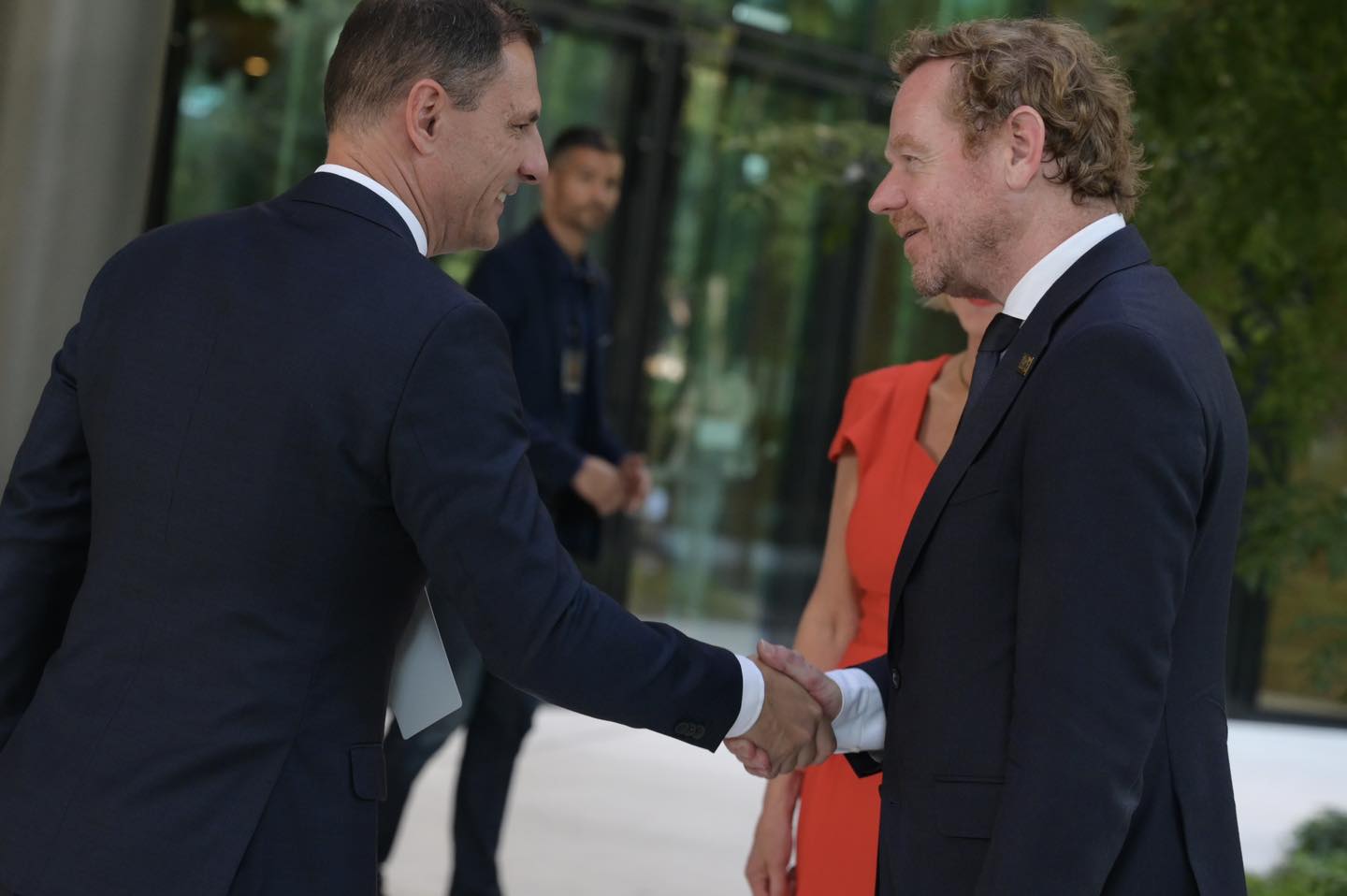
The Turkish Head of State mentioned Hungary's situation in speech in Nicosia.Continue reading

Against the wishes of the majority in Parliament, Dutch Justice and Security Minister David van Weel, from the liberal VVD party, traveled to Budapest on Monday to attend a two-day informal meeting of justice and home affairs ministers from EU member states, which is being held in the framework of the Hungarian EU Presidency.
In an interview with the Dutch national news agency APN, the Minister stressed that he had traveled to the Budapest meeting with the interests of his country in mind.
He noted that the agenda of the Council meeting included a number of issues of importance to the Netherlands, such as strengthening international action against migration and crime.
These are cross-border issues. The Netherlands needs other member states to address them.
On behalf of the Netherlands, I will give direction to the strategic meeting on these issues that will be held tomorrow,” he added.
However, van Weel also stressed that the Dutch government’s position is that the Hungarian Prime Minister does not have a mandate from the EU for the peace mission he has initiated. “I will convey this critical message again in Budapest,” the Minister underlined.
Ik sprak zojuist de Hongaarse minister Tuzson over Europese samenwerking op de thema’s die op de agenda stonden: bestrijden van de georganiseerde misdaad, migratie en weerbaarheid. Er was brede overeenstemming over de Europese prioriteiten die het voorzitterschap had geagendeerd. pic.twitter.com/vrxk8WPC1i
— David van Weel (@ministerjenv) July 22, 2024
Last week, the European Commission announced that it would only be represented at senior civil servant level at informal meetings of the EU Council, citing the Hungarian Prime Minister’s peace mission to Moscow and Beijing, among other places, as the reason for the decision.
Several EU member states – Sweden, Finland, Estonia, Latvia, Lithuania, Poland and Denmark – announced that they would send only civil servants to informal meetings in Hungary for the same reason.
Dutch Prime Minister Dick Schoof announced last week that he would reject a general boycott and that the Dutch government would decide on a case-by-case basis whether its ministers would attend events organized during the Hungarian EU Presidency. Schoof also stressed that, in his view,
Viktor Orbán had made it clear that the meetings criticized were bilateral talks and that he did not represent the EU on his trips.
The Dutch Prime Minister’s announcement was criticized by the two parties of the four-party coalition government, the People’s Party for Freedom and Democracy (VVD) and the New Social Contract (NSC), stating the Netherlands should follow the European Commission’s lead. Several opposition parties in the Dutch parliament have also criticized the cabinet’s decision.
Overall, despite the victory of the right-wing parties in the Dutch parliamentary elections of 2023, the current government is not making decisions that reflect their ideology. Furthermore, the government’s communication in recent weeks has been completely contradictory: once rejecting the boycott of the Hungarian EU presidency and insisting that Viktor Orbán’s meetings were bilateral discussions, and at other times stating that the Hungarian Prime Minister had not received an EU mandate for his peace mission.
Via MTI; Featured image via Facebook/Tuzson Bence